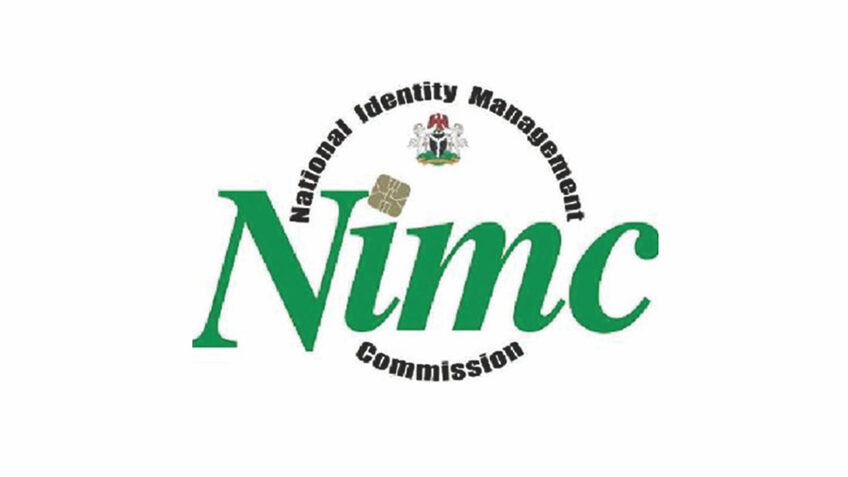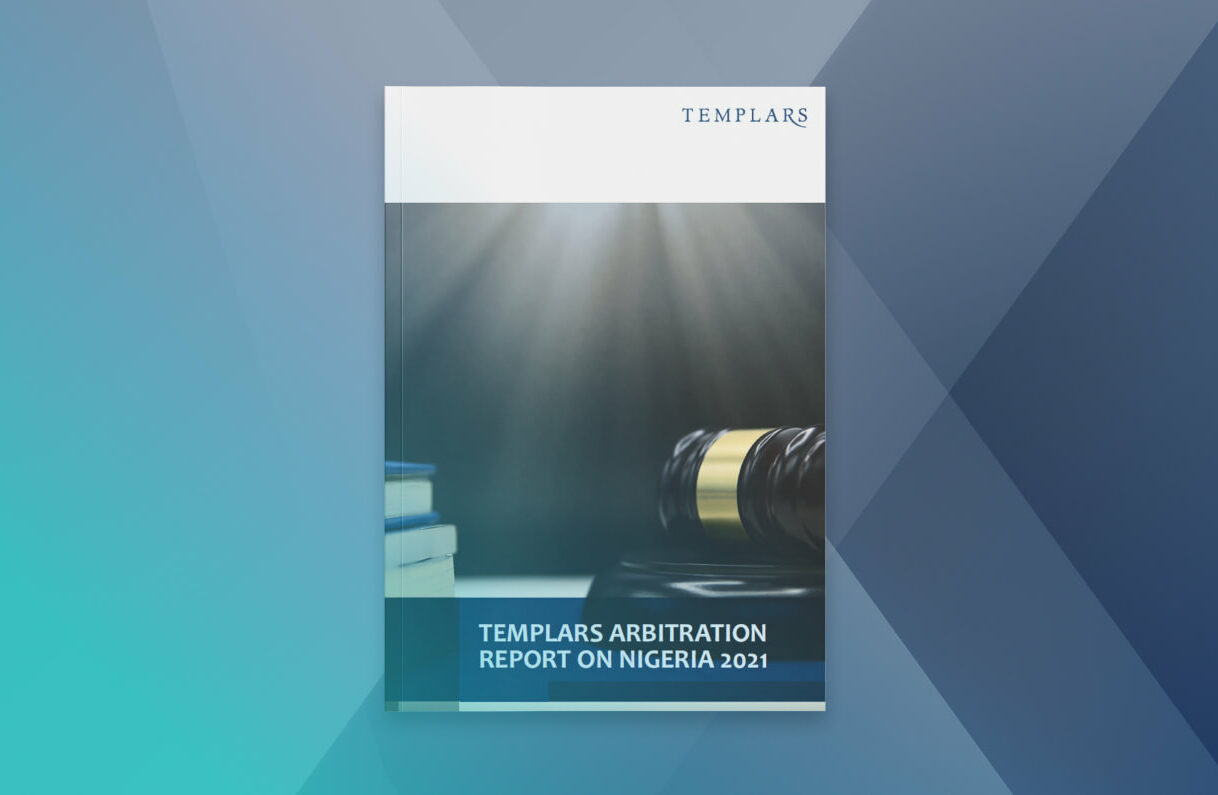Very recently, the National Identity Management Commission (“NIMC”) which is established under the National Identity Management Commission Act, 2007 (the “Act”) released the Mandatory Use of the National Identification Number Regulations, 2017 (the “Regulations”). The Regulations which were made and issued pursuant to the Act have far-reaching effect on the day-to-day activities of every Nigerian and every person residing in Nigeria. The effects are so comprehensive that a person could be barred or prevented from carrying out a wide-range of business related or personal activities until such person obtains and provides a National Identification Number (“NIN”) issued by the NIMC.
WHAT IS THE NIN
The NIN is a set of unique numbers assigned to each registrable person upon a successful enrolment into the national identity database. The Act defines a registrable person as any person who is a citizen of Nigeria; any person, whether or not he is a citizen of Nigeria, who is lawfully and permanently resident in Nigeria; and any non-citizen of Nigeria who is lawfully resident in Nigeria for a period of two years or more.
REGISTRATION FOR NIN
The registration by a person to obtain his/her NIN is a continuous process and there is no time frame within which a person must be registered to obtain a NIN. However, given the penal consequences and restrictive effects of not obtaining a NIN, it is advisable that registrable persons obtain their NINs as quickly as possible. The NIMC has set up registration centres in major locations in all the States of the Federation including the Federal Capital Territory.
THE MANDATORY USE OF THE NIN AND CONSEQUENCES OF NON-REGISTRATION
Section 30(1)(a) of the Act makes it an offence for a registrable person not to register and obtain the NIN. In addition, the Regulations provide that a person would require or must provide his/her NIN in order to carry out certain transactions broadly categorized for ease of reference as follows:



